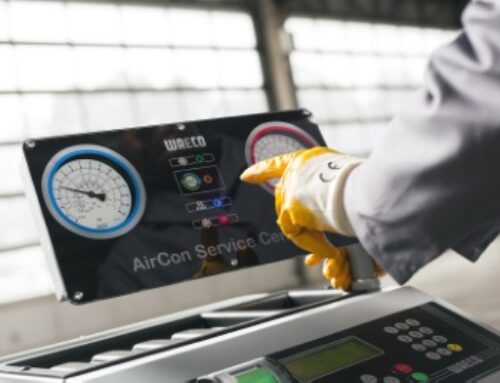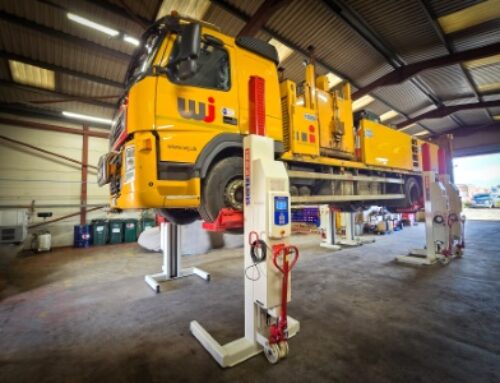Fleetcor highlights Covid-19 fuel price impact
 Fuel card provider Fleetcor, whose UK brands include Allstar and Keyfuels, has outlined the effect of the Covid-19 pandemic on fuel prices, and issued advice for fleet operators on how to respond to current market conditions.
Fuel card provider Fleetcor, whose UK brands include Allstar and Keyfuels, has outlined the effect of the Covid-19 pandemic on fuel prices, and issued advice for fleet operators on how to respond to current market conditions.
“There are many variables that drive cost in the commercial fuel market,” said Paul Holland, managing director for UK Fuel at Fleetcor.
“It is a complex issue with people buying on many different product and pricing mechanisms, and that’s even without the impact of macro factors we’ve seen this year such as the Covid-19 pandemic.”
The cost of oil per barrel started at $67 in January and shortly after fell slightly because of reduced seasonal demand in the US, he points out.
“However, this was also the point at which we started to experience some impact from fears of the Covid-19 pandemic and what that might bring to overall fuel demand across the globe.
“February brought some relief as traders thought there was cause for optimism as China’s virus cases started to reduce, leading to some recovery in fuel price.”
In March, says Paul, a ‘perfect storm’ occurred in the global fuel market.
“First, there was the well documented supply battle between Saudi Arabia and Russia as both nations were producing excessive fuel supplies than the market required which had downward pressure on the price of oil.
“What’s more, the Covid pandemic was starting to take effect and the market had a significant fear that it would materially affect supply.
“By the end of March, the UK was in lockdown which had a large impact on the amount of fuel consumed in the UK. From our own business perspective, we saw fuel volumes reduced by approximately 50 per cent almost overnight which was completely unprecedented.
“Further global lockdowns also came into force including India, the third largest consumer of oil in the world, and that is what was helping to have a significant impact on that downward pressure.”
 He continued: “We have since seen fuel prices show some signs of recovery, helped by reductions in production levels in May and June. But something that must be discussed is the concept of negative pricing.
He continued: “We have since seen fuel prices show some signs of recovery, helped by reductions in production levels in May and June. But something that must be discussed is the concept of negative pricing.
“When traders buy fuel and are unable to sell it, they incur an ongoing cost to put the product into store. So incredibly, we saw traders paying people to take oil off their hands – the first time this had happened in history.
“Since July, the production of oil has started to slow, as well as more positive economic data coming from the US, China and Europe which has helped to support pricing.
“Clearly, we are not out of the woods yet regarding the pandemic and there is still nervousness in the marketplace about what the global economy does on the back of Covid-19.”
Predicting the price of fuel is very difficult, says Paul, especially when it derives from commodity volatility and perception of future supply vs demand. Coupled with the current environment of the pandemic, current local lockdowns and strengthening of lockdown restrictions, it all continues to have a dramatic impact on price.
“However, there are positive signs of recovery,” he said.
“Traders expect a gradual increase in demand which will drive a small increase in price… through to January 2022.”
He added: “My advice to operators is to stay close to the market. As it is a commodity, it changes dynamically, both up and down. Whilst fixing oil prices might be risky, now could be the time and there are lots of organisations that can help you to do that whether that be a physical product or some form of financial instrument.
“As a fleet manager, you must manage consumption closely. Make sure your fuel card providers are set up to see what vehicles are using and what your drivers are spending, as this is key to navigating the uncharted territories we as businesses are all living in.”











